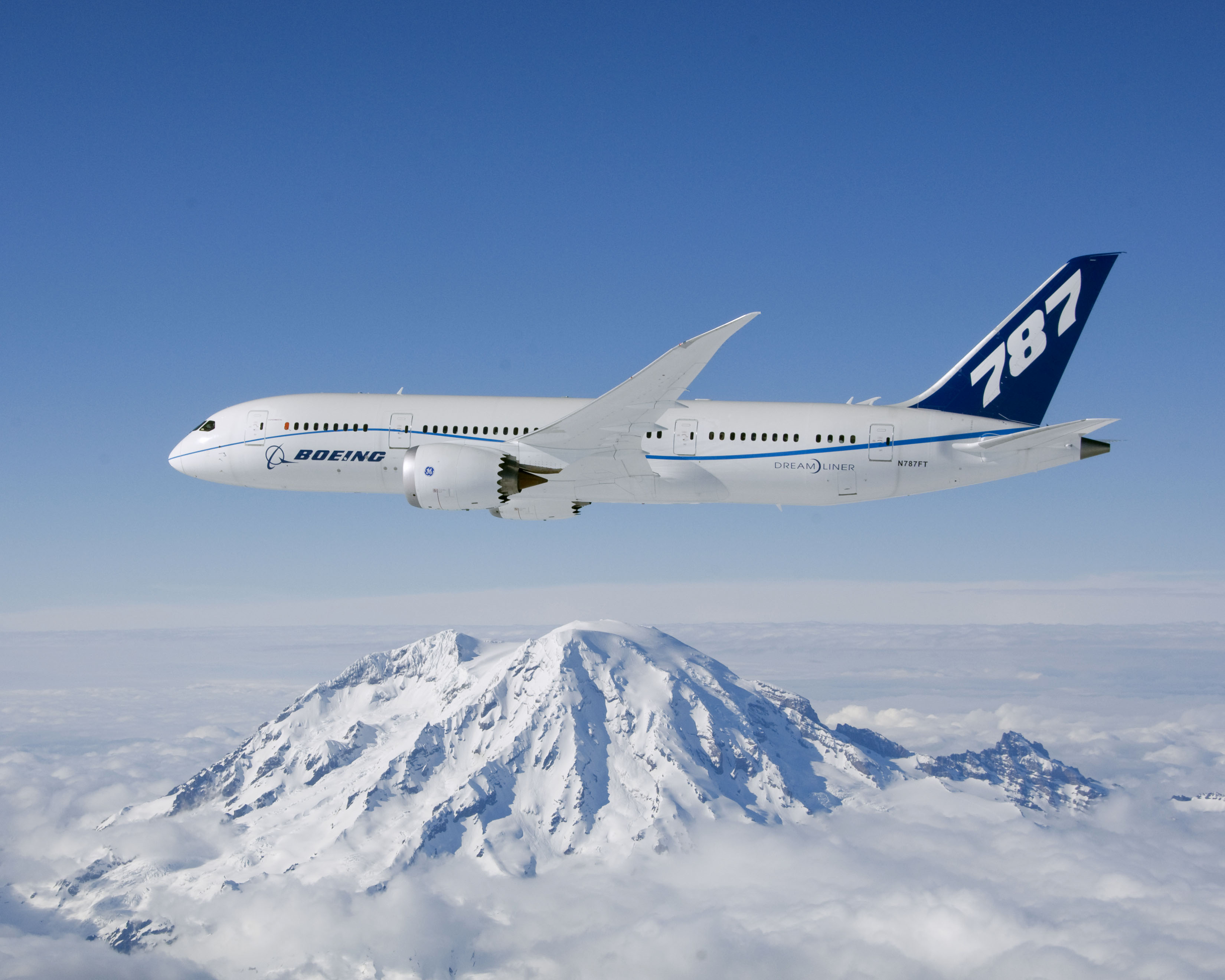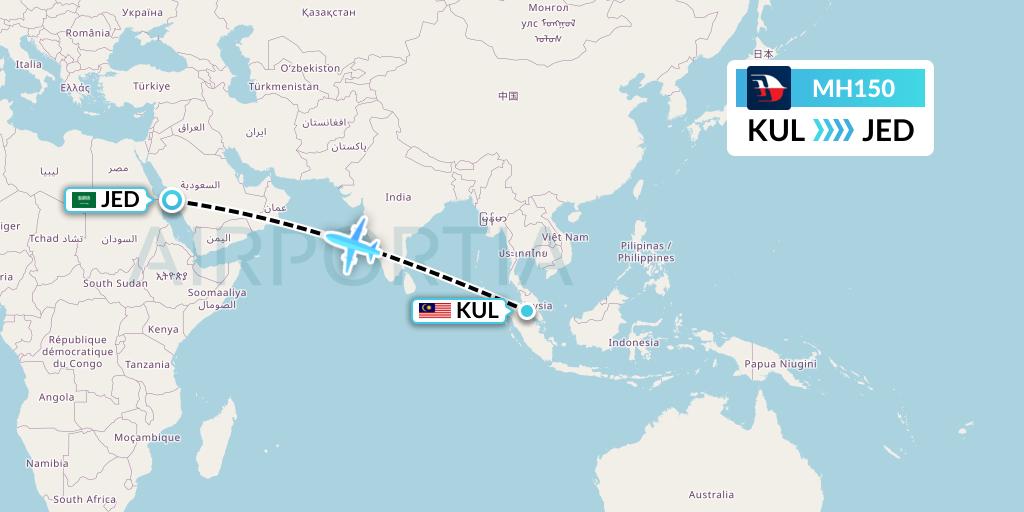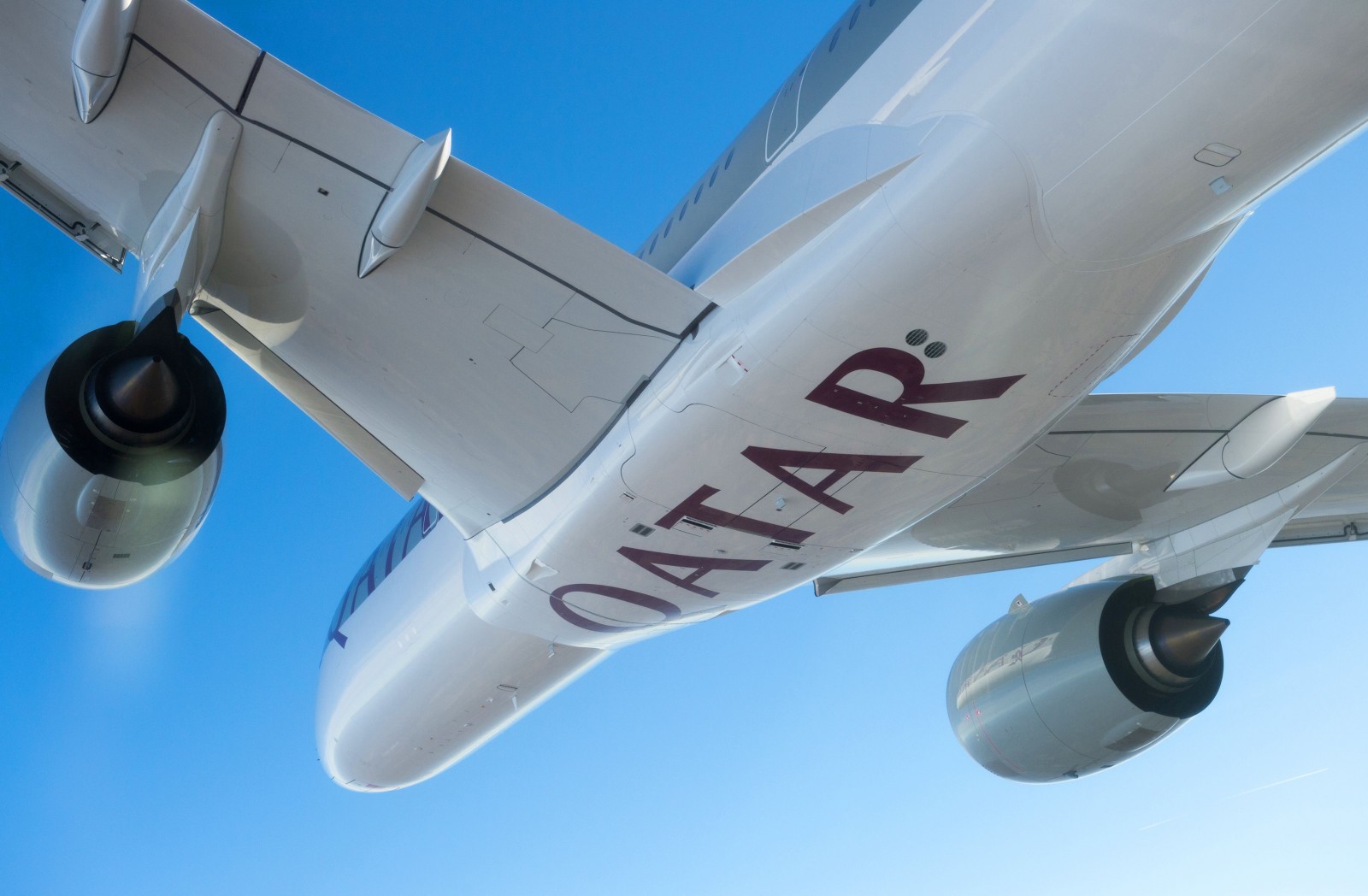Qatar Airways has questioned the environmental sustainability of operating Airbus A380s during the COVID pandemic, citing internal figures showing they emit up to 95 percent more CO2 per hour than the twin-engine A350.
The Qatar analysis demonstrates why the four-engine Airbus A380 has been grounded by most airlines during the coronavirus pandemic and why some may not return it to service
The airline released the analysis while spruiking the addition of a 53rd Airbus A350 to its fleet and no doubt taking the opportunity to have a jab at Gulf rival Emirates, which continues to back the big planes and recently announced a cabin refresh that included a premium economy cabin.
READ: Emirates unveils its premium economy and A380 enhancements.
Qatar used internal benchmarks to compare the A380 to the A350 on routes to Doha to Guangzhou, Frankfurt, London, Melbourne, New York, Paris and Sydney.
It found that on a typical one-way flight, the A350 saved 16 tonnes of carbon dioxide per block hour compared to the A380. Block hours are measured from the time an aircraft door closes to its opening at the arrival gate.
“The analysis found that the A380 emitted over 80 percent more CO2 per block hour than the A350 on each of these routes,’’ it said.
“In the cases of Melbourne and New York, the A380 emitted 95 percent more CO2 per block hour with the A350 saving around 20 tonnes of CO2 per block hour.
“Until passenger demand recovers to appropriate levels, Qatar Airways will continue to keep its A380 aircraft grounded, ensuring it only operates commercially and environmentally responsible aircraft.
Airbus decided to stop making the A380 as airlines switched to twin-engine aircraft such as the A350 and the rival Boeing 787.
The A380s came into their own at slot-constrained hubs with thick routes where passenger loads were high, reducing the CO2 produced per passenger per kilometre flown.
Passengers also liked the space, quiet cabins and in-flight stability offered by the giant plane.
But with the A350 offering a similar passenger experience, greater efficiency, and longer range, the popular superjumbo’s days were numbered.
Qatar is the biggest operator of A350s with 34 A350-900s and 19 A350-1000s.
The latest plane is an A350-1000 fitted with the airline’s acclaimed Qsuite and will fly on strategic routes to and from Africa, the Americas, Asia-pacific and Europe.
Qatar Airways group chief executive Akbar Al Baker said the airline continued to invest in fuel-efficient, technologically advanced aircraft despite the COVID-19 pandemic.
“This strategic investment in sustainable twin-engine aircraft has enabled us to continue flying during the most challenging year in aviation’s history, helping take over 3.1 million people home since the start of the pandemic,’’ he said.
Despite its continuing support for the A380, Emirates is also investing in more fuel-efficient twins, such as the A350 and the Boeing 777X, and is looking at greater use of sustainable aviation fuels to reduce its carbon footprint.
























